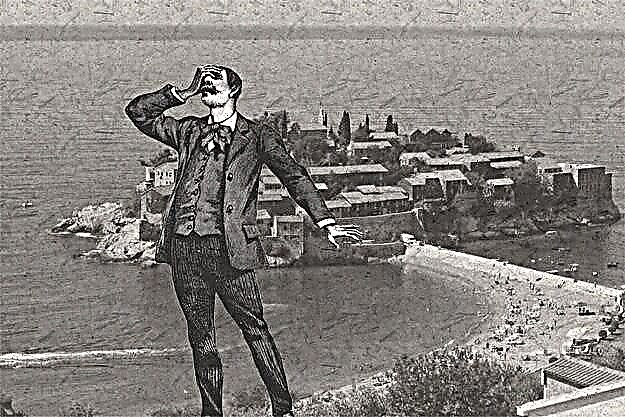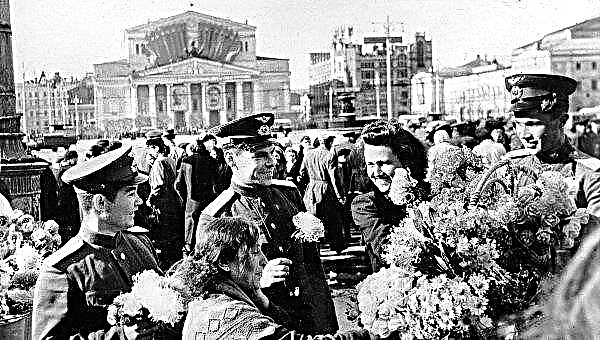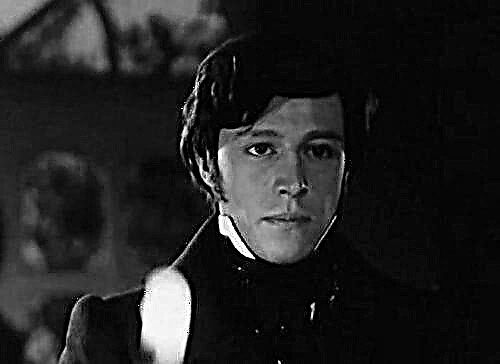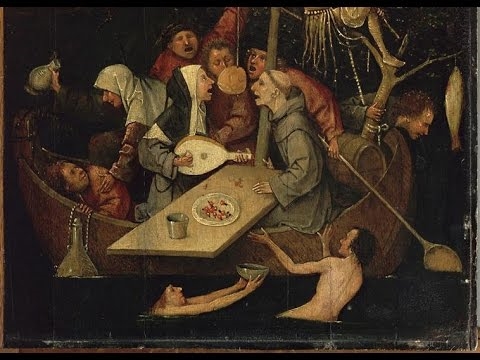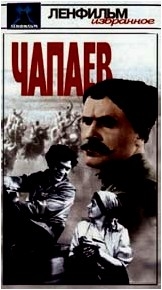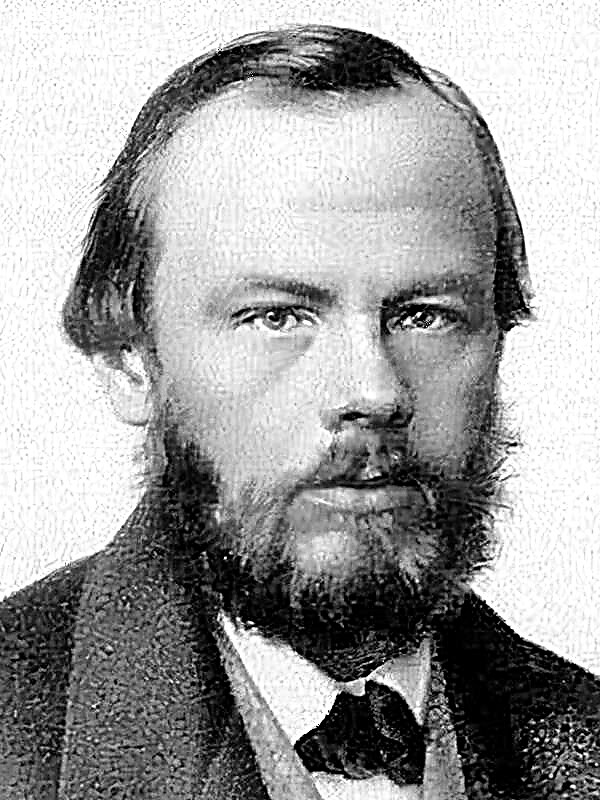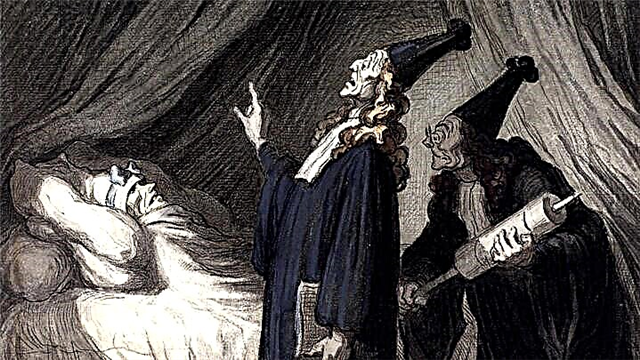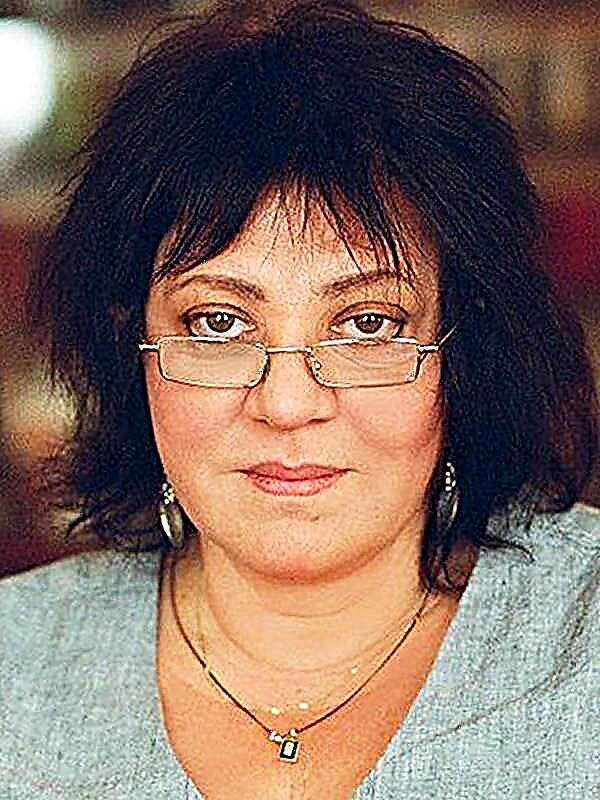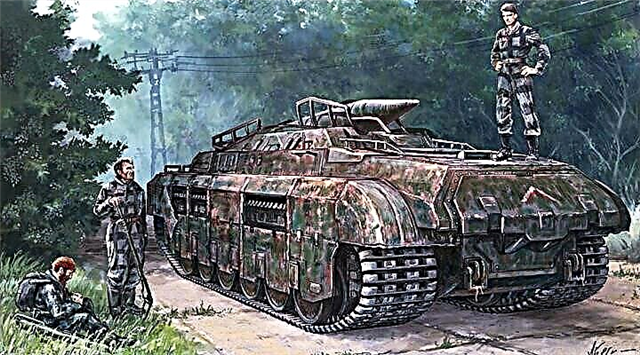The story "After the Ball" was written by Tolstoy in 1903, but the work itself was published only after the death of the writer, in 1911. The story is narrated in 3 persons, the main character of which is Ivan Vasilievich. The main events take place at the ball, where, in the story, Ivan dances with a lady of the heart, admiring her beauty. The denouement really happens after the ball, which is why the story is so named. The author wanted to convey with his work so that we would not make erroneous judgments at the first impression, because then you can be very disappointed. To understand why the thesis lies in the denouement, read a short retelling. The abbreviation will indicate details describing the main character and characters so that they can be penetrated.
Short retelling (311 words): The story tells the story of Ivan Vasilyevich, the protagonist of this work. He decides to share his experiences after a debate about the influence of the environment on the formation of his own “I”.
Ivan Vasilievich began the story to prove how a person’s life can change from one situation. He was very in love with the girl, praised her so much in front of everyone. He loved no one so much as Varia. The story begins at the ball, in the evening, where the girl looked wonderful, that everyone was staring at her, admiring the beauty. But only their feelings were platonic, nothing was said about anything else.
The young man, whom then was the main character, skillfully danced, which is why he enjoyed visiting the balls. And he spent this evening visiting the provincial leader, the chamberlain, the dearest old man and his kindest wife. Everyone was delighted with the scope of the festival.
Ivan conducted almost all the dances with Varya and their desire was always mutual. The evening was drawing to a close; Vari's father arrived, a colonel, a handsome man, with a joyful smile and eyes. They persuaded the guest to dance with his daughter - everyone was fascinated to watch the dance. Ivan Vasilievich admired the couple.
After the dance, he felt a strong surge of love for Vara, feeling incredibly happy. Ivan was so subdued by B.'s family that he could not fall asleep, looking at the pen and glove of his beloved, received during parting.
By the seventh o'clock in the morning the main character went out for a walk, went in the direction of Varya's house and heard bad music from afar, black people could be seen in the distance. Soldiers walked in rows, and in the middle of them, a naked Tatar, tied to the soldiers' guns, waist-deep. He was beaten on the way, and at the head of the bacchanalia was Varya's father, with that mustache and blush. Shouting at the soldier for weak blows to the back of the prisoner, the colonel turned around, saw Ivan's face, but pretended not to recognize him.
Ivan Vasilievich was horrified by what he saw, began to look for the reasons for such behavior, but could not justify them. Love for Vara began to fade, recalling the cruelty of her father to the unfortunate Tatar. So the life of the protagonist has changed from one evening event.
Review (145 words): The denouement of this story was definitely unexpected for me, but I liked it. A good description of the character of Varya’s father made an impression as a dear person, absolutely incapable of such things. Unfortunately, I could not understand why the work is called “After the Ball”, perhaps because the decisive event itself happened long after the dance evening. The main idea is that you never need to draw conclusions about a person with whom you are not familiar and have only seen his behavior surrounded by other people. Thanks to the event experienced by Ivan Vasilyevich, the author teaches us that an incorrectly formed opinion about a person can always be destroyed by any event, and sometimes, even if you know someone very well, he can still disappoint you. Undoubtedly, my opinion is based on an objective assessment of the situation, despite the pity for the main character. But, maybe after that, he will stop falling in love with people, not even knowing their inner world.

